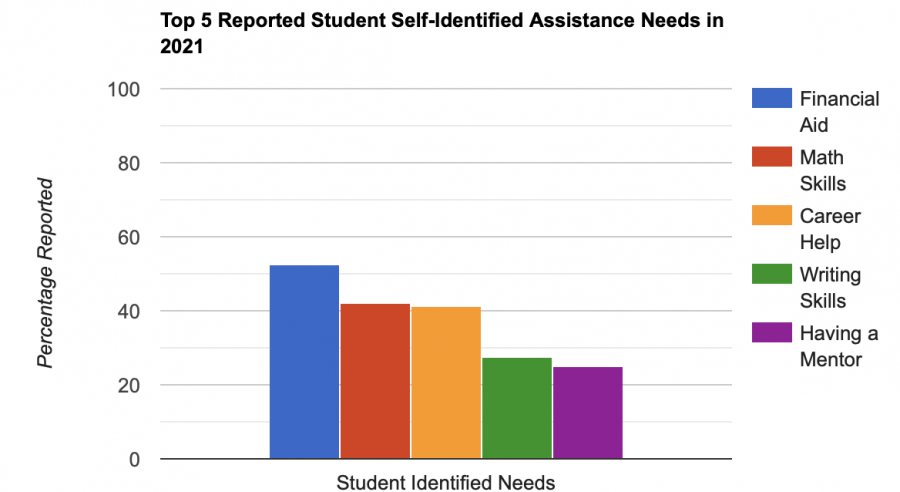Interested in making changes on campus? Here’s how.
December 3, 2021
Making a change at IU Southeast seems like an impossible task, but by filling out surveys that the administration sends out, students can help make a difference.
These surveys touch on topics such as housing, mental health, student service offices and many more. The school wants to see how these services are viewed from a student’s perspective.
On these surveys, IUS had questions asking if a student needed direct help in an area. If they said yes, the faculty would reach out to the student and try to help them.
For example, if a student needed help getting food the administration would inform them about the food pantry on campus.
“I think we’ve probably responded to over 30 students at this point with the immediate needs that they shared on that particular survey,” Kelly Ryan, the vice-chancellor of academic affairs said.
The results for one of the surveys from this year said that 52.4% of students said the biggest assistance they need is financial aid. The next result said they needed help with their math skills.
With the results of these surveys, the faculty looks for trends and makes changes according to what the students say. If students respond with wanting to know more about recycling, the school will make a bigger emphasis on it the following semester, for example.
“We’re wanting to hear students’ voices,” said Ron Severtis, director of institutional effectiveness. “It helps us improve. Everything we do is continuous improvement.”
The surveys also are compared to other colleges to see what campuses can learn from each other. When compared to other schools in the area, some think IUS needs to work on student interaction. With this in mind, it is up to the faculty to make events that will promote students making friends with other students.
The school surveys students, faculty, staff, people in the community and alumni of the school. The school does this to see how much of a difference IUS makes to everyone they affect.
Responses have even led to changes in course curriculum.
“Our geosciences program found a few years back that their alumni were saying that I go to work and I don’t know enough about GIS (geographic information system),” Severtis said. “They ended up putting it in their curriculum.”
Every year faculty replace the questions they see are stagnant in the results and create new ones that will give them more specific information, Severtis said.


